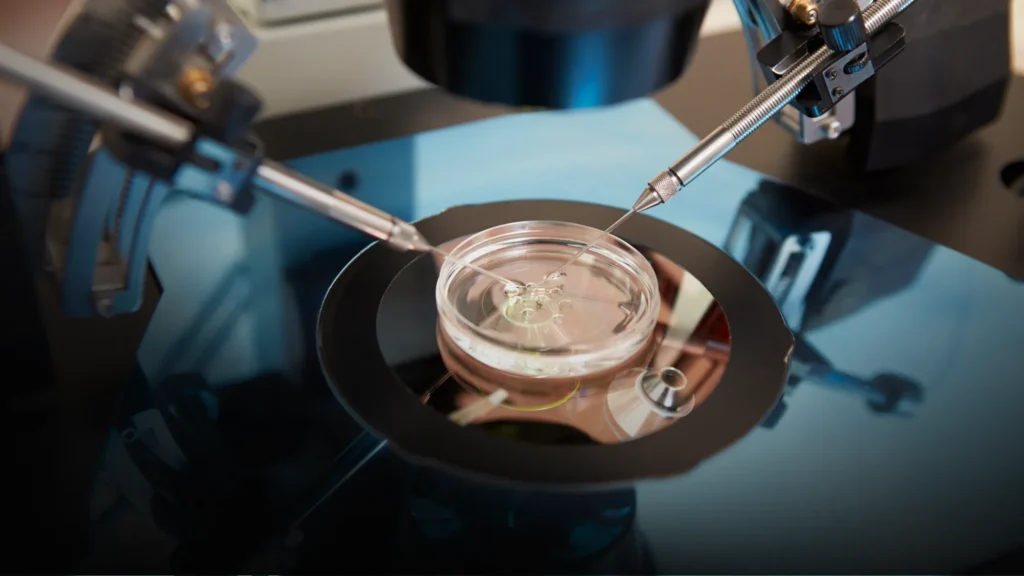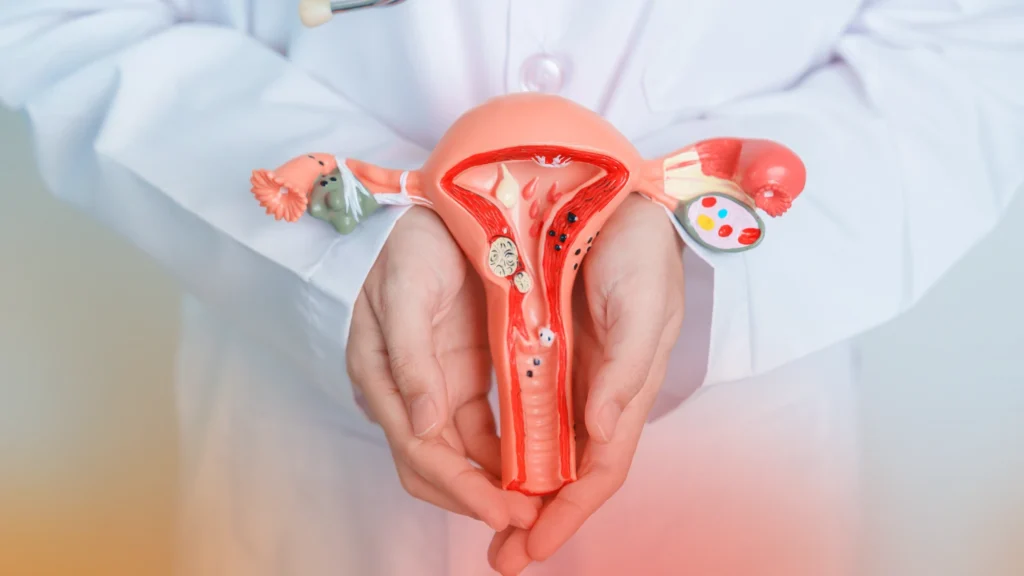How Autumn’s Shifts Impact Fertility
As the crisp air and shorter days of autumn arrive, many notice changes in mood, energy, and even health. But did you know that seasonal changes can directly influence your reproductive health? Scientific research and clinical experience show that autumn’s unique environment—cooler temperatures, shifting daylight, and lifestyle adjustments—can affect fertility for both women and men.
The Science: Daylight, Melatonin, and Hormones
- Daylight hours decrease in the fall, leading to increased melatonin production. Melatonin, a hormone regulating sleep and circadian rhythms, also interacts with reproductive hormones like LH and FSH, which are crucial for ovulation and sperm production.
- Photoperiodism (the body’s response to changes in light) can subtly shift menstrual cycles and ovulation timing, making cycle tracking less predictable for some women.
- For men, cooler autumn temperatures may support better sperm quality, as sperm develop optimally in slightly cooler conditions.
Lifestyle Changes: Stress, Diet, and Routine
- Autumn often brings a return to structured routines—school, work, and earlier nights. These changes can impact stress levels, sleep patterns, and physical activity, all of which play a role in reproductive health.
- Elevated stress can disrupt hormone balance, potentially affecting ovulation and sperm production.
- Diet shifts in fall, with more seasonal produce, can either support or hinder fertility depending on food choices.
Autumn Nutrition: Fertility-Boosting Fall Foods
Embracing autumn’s harvest can nourish your fertility. Whole foods rich in antioxidants, vitamins, and minerals support egg and sperm health. Consider adding these to your diet:
- Pumpkin seeds (zinc, magnesium)
- Sweet potatoes and squash (beta-carotene, vitamin C)
- Root vegetables (iron, folate)
- Leafy greens and beets (folate, iron)
- Warm grain bowls and lentil stews (fiber, plant protein)
These foods not only support reproductive health but also help maintain energy and mood as days grow shorter.
Practical Tips to Support Fertility This Fall
- Maintain a balanced, seasonal diet: Focus on fertility-friendly foods and avoid processed options.
- Establish consistent routines: Regular sleep, meals, and self-care help regulate hormones and reduce stress.
- Track your cycle carefully: Be mindful that autumn’s changes may affect ovulation tracking methods.
- Stay active: Incorporate regular movement, even as outdoor activities shift indoors.
- Manage stress: Practice mindfulness, yoga, or other relaxation techniques to support hormonal balance.
Advanced Fertility Support: Genetic Testing Atlanta GA
If you’re planning to grow your family or facing fertility challenges, genetic testing in Atlanta, GA, can provide valuable insights. At Hope Fertility, we offer comprehensive genetic testing in Atlanta, GA to help identify underlying factors affecting reproductive health and guide personalized treatment plans. Genetic testing can be especially helpful as seasonal changes may interact with genetic predispositions, influencing fertility outcomes.
Conclusion
Autumn’s natural rhythms offer a unique opportunity to reset, nourish your body, and optimize reproductive health. By understanding how fall’s changes affect fertility—and taking proactive steps with nutrition, routine, and advanced support like genetic testing in Atlanta, GA—you can empower your fertility journey this season.
Hope Fertility is here to guide you through every season. Contact us to learn more about genetic testing in Atlanta, GA, and personalized fertility care.




